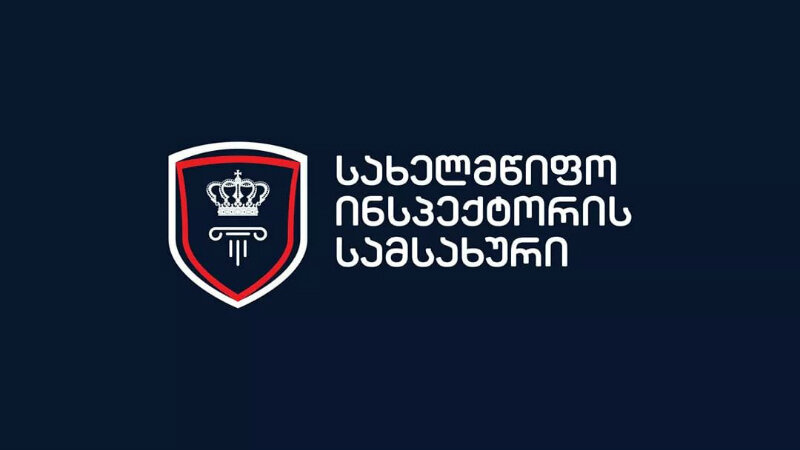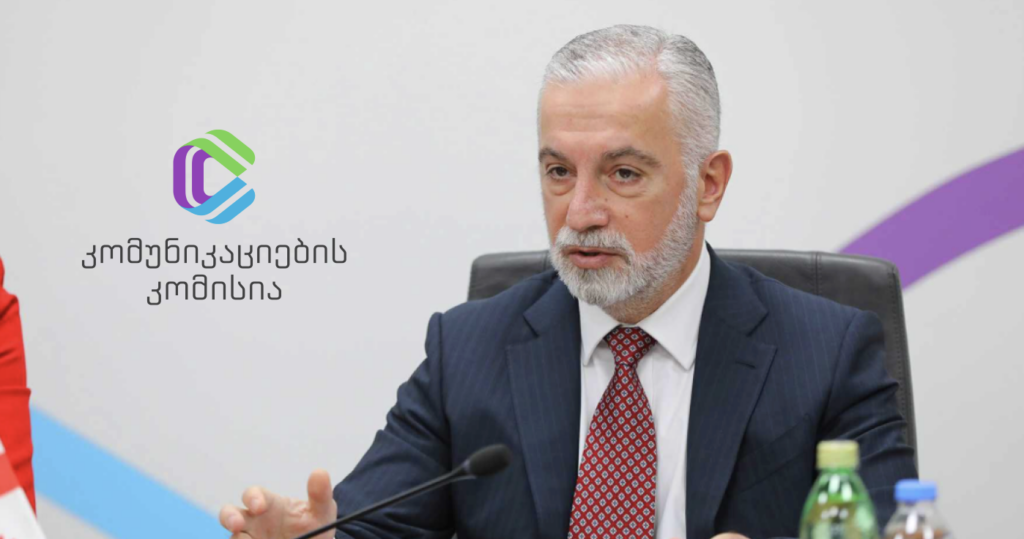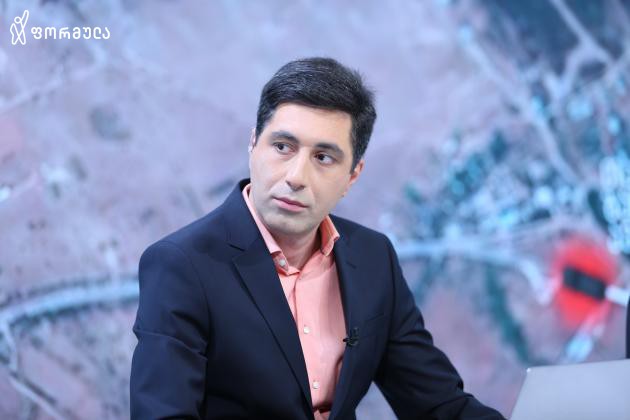The member organisations of the Media Advocacy Coalition call on the State Inspector’s Service to use the “inspection mechanism” to study the abuse of the infrastructure of undercover investigations.
Presumably, the information leaked from the State Security Service of Georgia (hereinafter referred to as SSG) is the so-called covert recordings case was publicised on 13 September 2021. The Georgian media received a link in the name of Hakim Pasha under the title – “SSG’s Compromising Materials Against the Patriarchate”. The link hosts thousands of files containing personal information about the public and private life and sexual relations of Orthodox clergy and civilians. Among them are the leaks about the covert surveillance of representatives of the diplomatic community. The publicized information is accompanied by photographs, personal details and telephone numbers. Some of the reports contain evidence of criminal offences, including cases of clerics having sexual relations with minors, accepting bribes in exchange for lobbying for the pardon of prisoners, and others.
Under current legislation, an agency under the SSG system has full covert electronic surveillance capabilities. To prevent the abuse of power, the legislation provides for the mandatory involvement of the State Inspector’s Service and the Supreme Court of Georgia in the process of surveillance. The question of the involvement of these institutions is decided according to the legal basis on which the cover surveillance takes place. As the systemic illegality does not have a legal basis, and in the conditions when there is a reasonable suspicion that the SSG is abusing the infrastructure at its disposal by bypassing the regulations defined by the law, the State Inspector’s Service must use all the mechanisms at its disposal to properly investigate the issue. One of such mechanisms provided by the law is inspection.
According to Article 18.7 of the Law of Georgia on the State Inspector’s Service, the Service inspects the infrastructure of undercover investigative activities. In particular, the Inspectorate has the right to enter the restricted area, to get familiarised with technical instructions, including information containing state secrets, to demand explanations, to receive information on the technical infrastructure used for the purposes of covert investigative activities and to inspect this infrastructure. In other words, the State Inspector’s Service has a reasonable opportunity to investigate whether the infrastructure intended for covert investigative activities has been abused.
The statement issued by the State Inspector’s Service on 14 September emphasises the signs of a possible crime and the limits of its own competence. It is significant that the Inspector draws attention to the so-called covert recordings case, in which the constitutionality of the technical means at the disposal of the SSG is questioned. The Constitutional Court has been considering the case for more than 5 years and has not yet decided. Three years ago, during the consideration of constitutional appeals, the State Inspector’s Service presented its position to the Court. Therefore, we call upon the State Inspector to use the authority granted to it by Article 18.7 of the Law of Georgia on the State Inspector’s Service and to investigate the issue of abuse of the infrastructure for covert investigative activities. It is also important for the State Inspector’s Service to provide the Constitutional Court of Georgia with information covering period since 2017 on the so-called “eavesdropping case”, which may be important for the resolution of the case.



